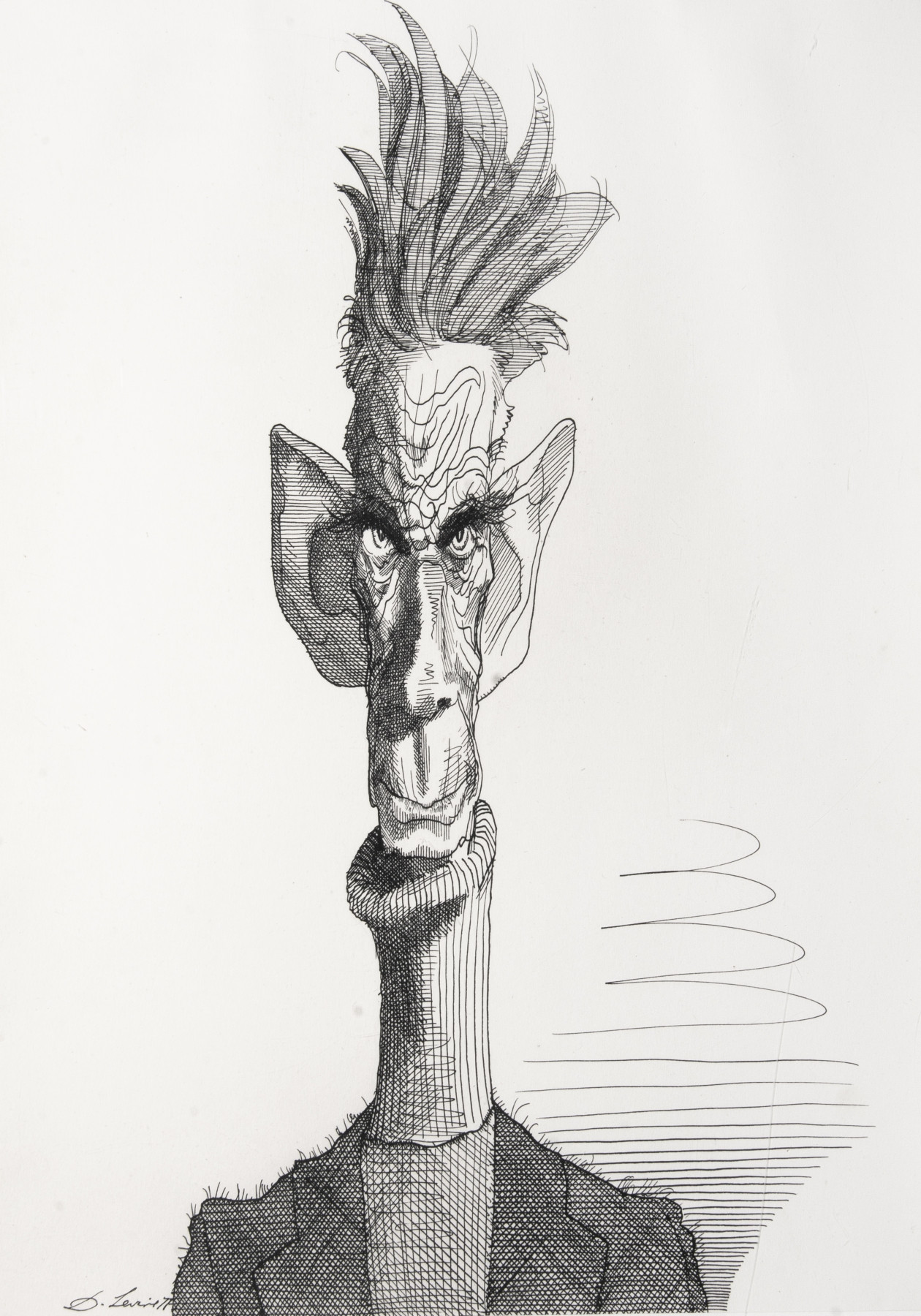
(click image to enlarge)
Samuel Beckett
Born into a Protestant family in Ireland, Samuel Beckett (1906-1989) proved himself a brilliant scholar in English, French and Italian at Trinity College, Dublin. Moving to Paris to teach in 1928, he formed a significant friendship with James Joyce, and took on his mantle, becoming in time, what some have considered, the last great Modernist. Settling permanently in France during the 1930s, he wrote in both English and French, and often translated his own work, as well as that of others. He first established himself as a novelist with Murphy (1938), the trilogy consisting of Molloy, Malone Dies and The Unnamable (1951-53), and Watt (1953). However, it is as the writer of the play, Waiting for Godot, that he reached a wider audience and public acclaim, through productions in Paris (1953) and London (1955). This led him to be considered – by Martin Esslin in 1960 – a key figure in the ‘Theatre of the Absurd’, a revolutionary body of anti-realist plays that examined existentialist themes and so influenced such later playwrights as Harold Pinter and Tom Stoppard. Though he produced three further full-length plays – Endgame (1957), Krapp’s Last Tape (1958) and Happy Days (1961) – his work, for both the stage and the page, became increasingly minimal. In 1969, he was awarded the Nobel Prize for Literature, for ‘writing, which … in the destitution of modern man acquires its elevation’. His tragi-comic outlook is simultaneously despairing and exhilarating.